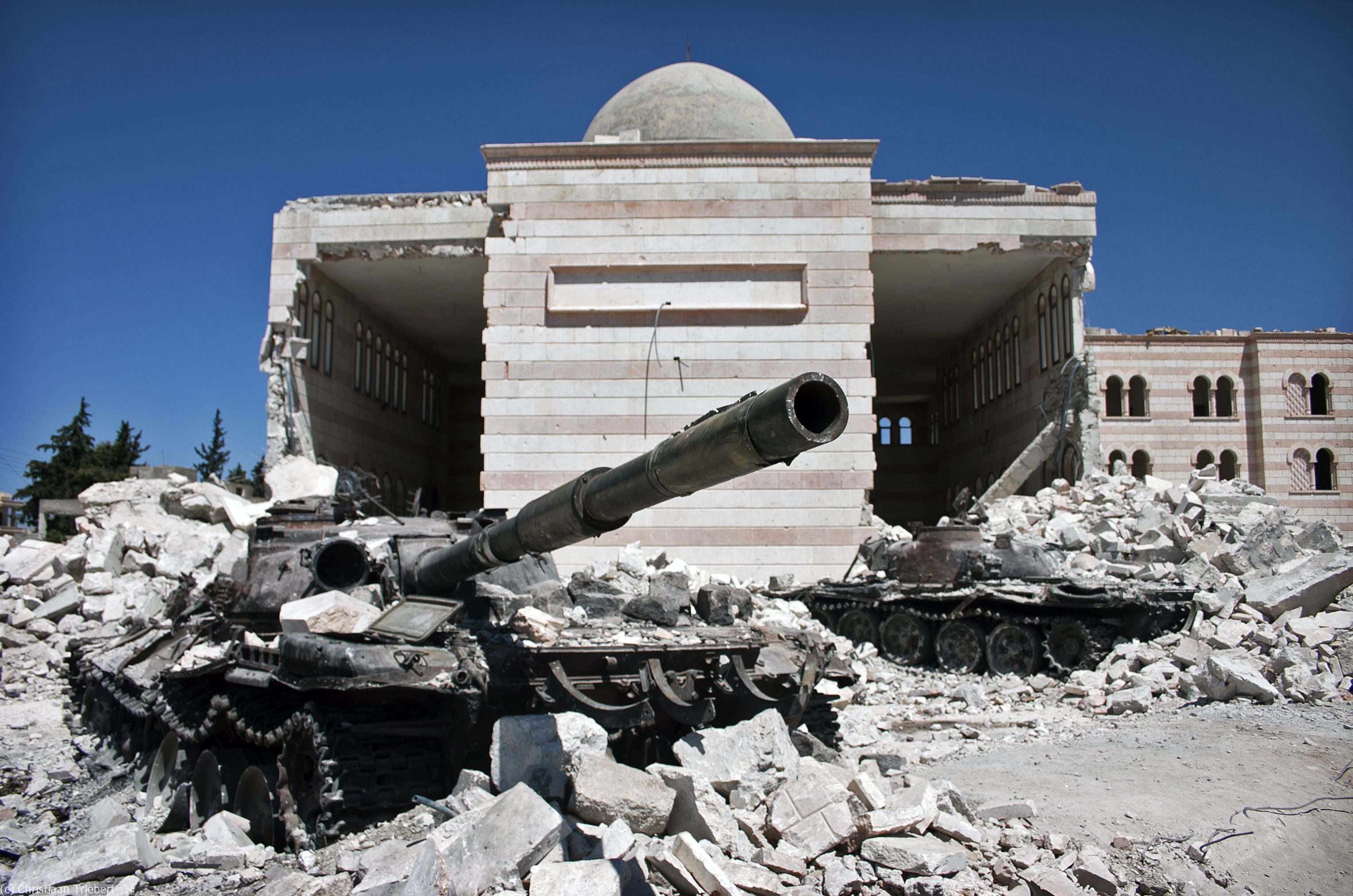By: Cody Knapp
When protests against the rule of Libya’s long-time dictator, Muammar Gaddafi, began back in February 2011, few commentators claimed to have any reliable predictions as to where these protests would lead. After NATO intervened to avoid a pending massacre in the city of Benghazi, even fewer could divine an endgame. Even policymakers could not immediately coalesce around a goal for the intervention, with some advocating for regime change, while others wanted to avoid involvement in the larger domestic conflict. Following the collapse of Gaddafi’s government, with Gaddafi still missing and many members of his immediate family fleeing to Algeria, the international community is again asking a familiar question: What will happen next?
It is not an easy question to answer. Nations in the West, particularly America, have recently exhibited a tendency to intervene in the affairs of the Third World, become frustrated by lack of progress, and then disengage, leaving a larger mess than had existed prior to the intervention. This is the worst-case scenario in Libya, where the strong tribal and sectarian identities of its people bode ill for a power vacuum. The withdrawal of international presence and interest could lead to the emergence of a failed state much like Somalia. This is, however, extremely unlikely, as Libya’s oil resources promise to keep Western governments invested for some time. In fact, many would posit that the intervention originally occurred because of Western oil interests.
A second possibility is more of the same. A liberal Western-style democracy in Libya is unrealistic in the short-term. A nation like Libya is much more likely to be ruled by a single powerful leader, rather than by an ethnically divided government imposed by the West. In 1969, Gaddafi overthrew the Western-supported King of Libya, a Cyrenaican, through a coup d’état. This led to a long period of investment in Tripolitania, the home state of Gaddafi’s tribe, and the neglect of Cyrenaica. As the current rebellion is centered in the state of Cyrenaica, fears that the rebellion’s success will only lead to the reverse of these policies are well-founded. The current lack of knowledge about the rebels and their intentions only compounds these fears. Unlike in Egypt, the deposition of the Libyan government did not occur through broad based protests by the population, but rather through the revolt of specific segments of Libyan society with differing goals.
Despite the rebellion’s professions of democratic ideals, the implementation of these ideals will be fraught with problems. The rebellion is not well-organized politically; so far its unifying platform has been the removal of Gaddafi. Now that Gaddafi has disappeared, uncertainty reigns. Once the Colonel’s deposition becomes official, a power struggle between the opposition’s subgroups may ensue. This is a direct result of Gaddafi’s ruling style – patronage to kin and clan. Over the years, the government’s policies have caused people to place their trust in regional and family ties, rather than their larger Libyan identity. They have also led to a lack of government institutions, which would have provided the rebellion with a model upon which to build. In summation, the legacy of the Gaddafi regime means that the immediate concern in Libya must be placed upon state creation, rather than democratization.
The West must be patient with this process. In our rush to push states toward our own “enlightened” state of being, we often create more problems than we solve. We forget our own history of ethically questionable behavior (would that there had been an international court of justice to place Andrew Jackson, who profoundly influenced the modern American presidency, on trial for the genocide inflicted upon the Cherokee people). It is not our job to create a perfect nation in an imperfect situation. It is our responsibility to promote the international values of human rights and democracy through soft power, and to allow the Libyan people to make their own future. Only if they feel invested in their nation can we foresee a future in which Libya is a successful nation.

